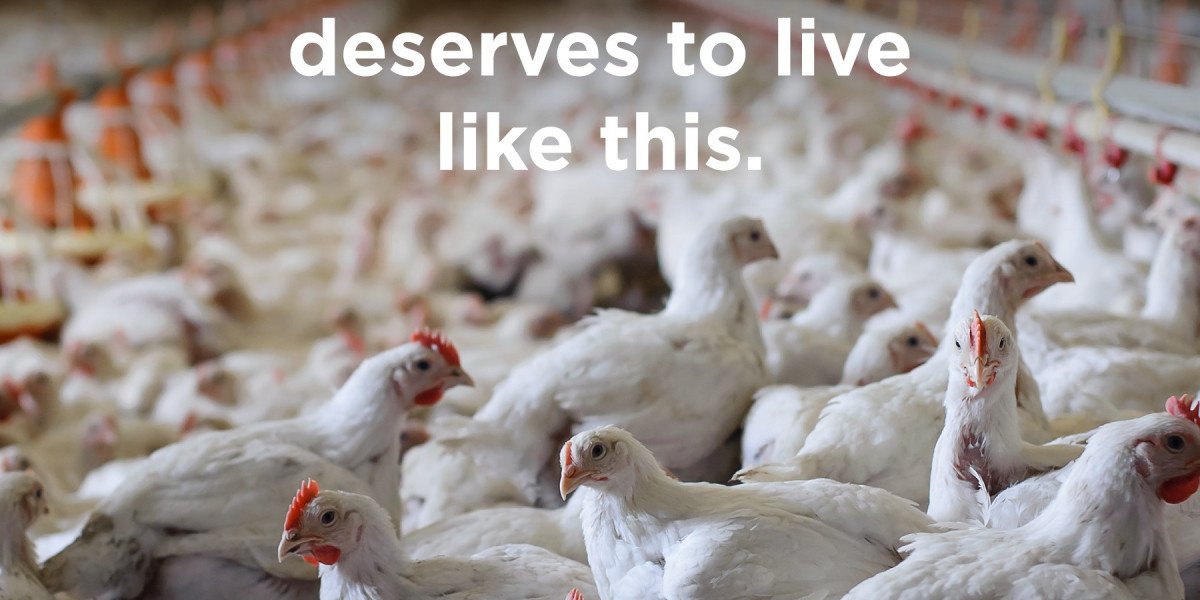Marine animal suffering is a pressing issue that often goes unnoticed amidst the many environmental challenges facing our oceans. The vast expanse of the sea hides the grim realities faced by countless marine creatures due to human activities. Understanding the causes and consequences of marine animal suffering is essential for driving positive change and protecting oceanic life.
One major cause of marine animal suffering is overfishing. Industrial fishing practices, including trawling and longlining, indiscriminately capture large quantities of fish and other marine life, leading to significant bycatch. Bycatch includes non-target species such as dolphins, turtles, and seabirds, which are often injured or killed in the process. The sheer volume of fish removed from the ocean disrupts the natural balance of marine ecosystems, causing widespread suffering and population declines among various species.
Pollution is another critical factor contributing to marine animal suffering. Plastic waste, chemicals, and oil spills contaminate the ocean, posing lethal threats to marine life. Animals ingest plastic debris, mistaking it for food, which can lead to starvation, internal injuries, and death. Toxic chemicals accumulate in the bodies of marine animals, causing health issues and reproductive problems. Oil spills coat the bodies of marine creatures, impairing their ability to move, breathe, and regulate body temperature. The long-term impact of pollution on marine ecosystems perpetuates suffering for generations of animals.
Climate change exacerbates marine animal suffering by altering ocean temperatures, acidity levels, and sea levels. Warmer waters force species to migrate to cooler areas, often leading to habitat loss and increased competition for resources. Coral reefs, which are vital habitats for many marine species, are particularly vulnerable to temperature changes and ocean acidification. The bleaching and destruction of coral reefs result in the loss of biodiversity and the displacement of countless marine creatures, leading to further suffering.
Habitat destruction, driven by coastal development, mining, and destructive fishing practices, is another major cause of marine animal suffering. Mangroves, seagrass beds, and coral reefs are critical habitats that provide shelter, breeding grounds, and feeding areas for numerous marine species. The destruction of these habitats leaves marine animals vulnerable to predators, reduces their food sources, and disrupts their life cycles. The loss of critical habitats directly translates to increased suffering and mortality for many marine species.
Noise pollution from shipping, industrial activities, and military exercises also contributes to marine animal suffering. Many marine animals rely on sound for communication, navigation, and hunting. The constant barrage of underwater noise disrupts these essential behaviors, causing disorientation, stress, and even physical harm. Whales and dolphins, in particular, are highly sensitive to noise pollution, which can lead to strandings, injuries, and death.
Consumers and policymakers can play a crucial role in alleviating marine animal suffering. Supporting sustainable seafood practices, reducing plastic usage, and advocating for stricter pollution controls can help mitigate the impact of human activities on marine life. Additionally, protecting marine habitats through the establishment of marine protected areas and promoting conservation efforts can provide safe havens for marine species to thrive.
In conclusion, marine animal suffering is a significant issue that demands our attention and action. Overfishing, pollution, climate change, habitat destruction, and noise pollution all contribute to the suffering of countless marine creatures. By raising awareness and making more sustainable choices, we can help reduce the impact of human activities on marine life and work towards a future where our oceans are teeming with healthy, thriving marine ecosystems. Addressing marine animal suffering is essential for preserving the biodiversity and health of our oceans for generations to come.








